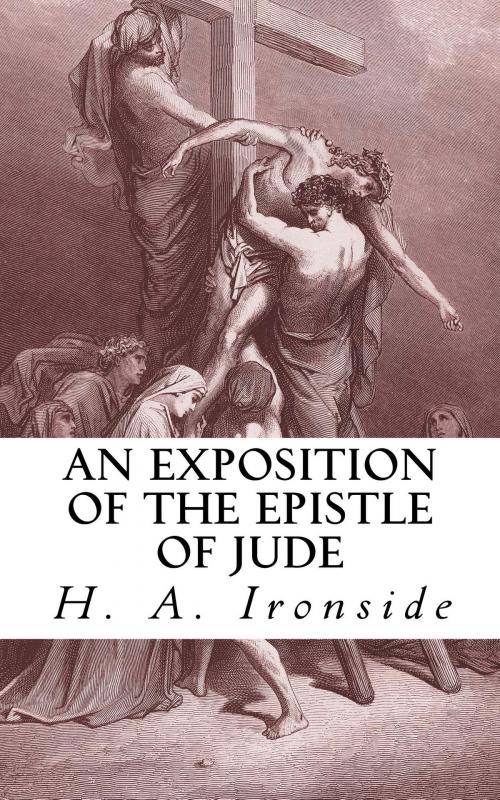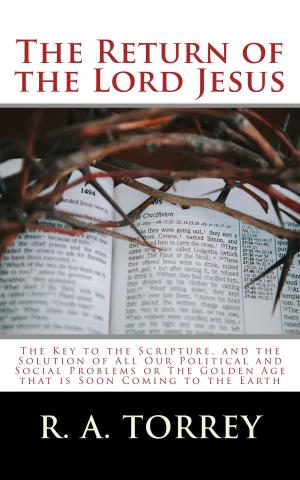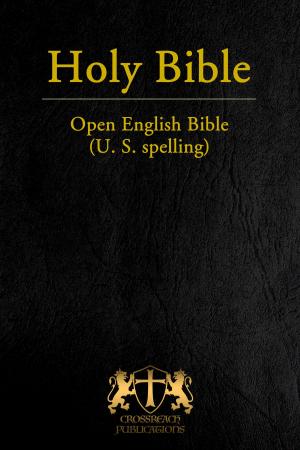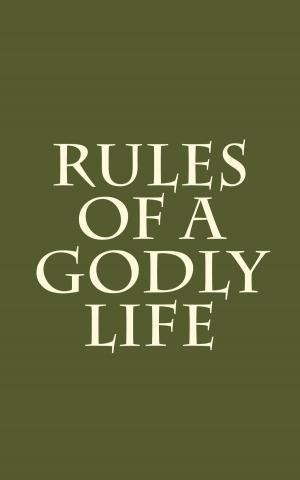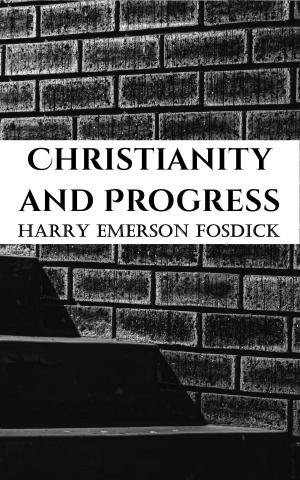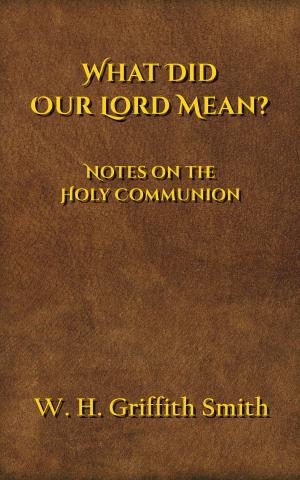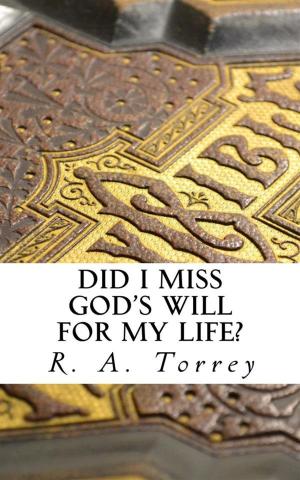An Exposition of the Epistle of Jude
Nonfiction, Religion & Spirituality, Christianity, Christian Literature, Bible & Bible Studies, New Testament, Commentaries| Author: | H. A. Ironside | ISBN: | 1230001945300 |
| Publisher: | CrossReach Publications | Publication: | September 30, 2017 |
| Imprint: | Language: | English |
| Author: | H. A. Ironside |
| ISBN: | 1230001945300 |
| Publisher: | CrossReach Publications |
| Publication: | September 30, 2017 |
| Imprint: | |
| Language: | English |
THERE seems no good reason to doubt, and every reason to believe, that the writer of this solemn yet comforting letter is the “Judas, the brother of James,” mentioned in the list of the apostles, as given twice by Luke (Luke 6:16; Acts 1:13), but who is called by Matthew “Lebbeus, whose surname was Thaddeus” (Matt. 10:3), and by Mark simply Thaddeus (Mark 3:18). John distinguishes him in a special way by speaking of him as “Judas, not Iscariot” (John 14:22). It is evident, from the way Paul writes of this James, the son of Alpheus, that he was a very near relation, according to the flesh, to our Saviour, the Lord Jesus. After mentioning his first interview with Peter, he says: “But other of the apostles saw I none, save James the Lord’s brother” (Gal 1:19). James the Great, the son of Zebedee, had met a martyr’s death earlier than the visit here referred to; consequently it becomes plain that James the Less is meant. The term “the Lord’s brother” does not necessarily mean all that it would, had the epistle been written in our language; still it implies very close relationship. Lot is called Abram’s brother, when actually he was his nephew. Yet even so, had Jude been desirous of making a fair show in the flesh, he who was so closely related to the Lord as man, would not have written of himself as he does here, “Jude, bondman of Jesus Christ.” He had known Christ after the flesh; had been linked up with Him by ties of kindred common to few; but he knows Him so no more. Gladly he owns Him as God’s anointed, his Lord and Master. Another writing of him might, out of courtesy, have used the same term as Paul applied to Jude’s brother; but writing of himself, he is simply the “slave of Jesus Christ.” James speaks of himself in the same way—“a bondman of God and of the Lord Jesus Christ” (Jas. 1:1).
THERE seems no good reason to doubt, and every reason to believe, that the writer of this solemn yet comforting letter is the “Judas, the brother of James,” mentioned in the list of the apostles, as given twice by Luke (Luke 6:16; Acts 1:13), but who is called by Matthew “Lebbeus, whose surname was Thaddeus” (Matt. 10:3), and by Mark simply Thaddeus (Mark 3:18). John distinguishes him in a special way by speaking of him as “Judas, not Iscariot” (John 14:22). It is evident, from the way Paul writes of this James, the son of Alpheus, that he was a very near relation, according to the flesh, to our Saviour, the Lord Jesus. After mentioning his first interview with Peter, he says: “But other of the apostles saw I none, save James the Lord’s brother” (Gal 1:19). James the Great, the son of Zebedee, had met a martyr’s death earlier than the visit here referred to; consequently it becomes plain that James the Less is meant. The term “the Lord’s brother” does not necessarily mean all that it would, had the epistle been written in our language; still it implies very close relationship. Lot is called Abram’s brother, when actually he was his nephew. Yet even so, had Jude been desirous of making a fair show in the flesh, he who was so closely related to the Lord as man, would not have written of himself as he does here, “Jude, bondman of Jesus Christ.” He had known Christ after the flesh; had been linked up with Him by ties of kindred common to few; but he knows Him so no more. Gladly he owns Him as God’s anointed, his Lord and Master. Another writing of him might, out of courtesy, have used the same term as Paul applied to Jude’s brother; but writing of himself, he is simply the “slave of Jesus Christ.” James speaks of himself in the same way—“a bondman of God and of the Lord Jesus Christ” (Jas. 1:1).
